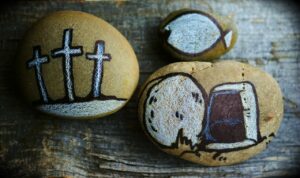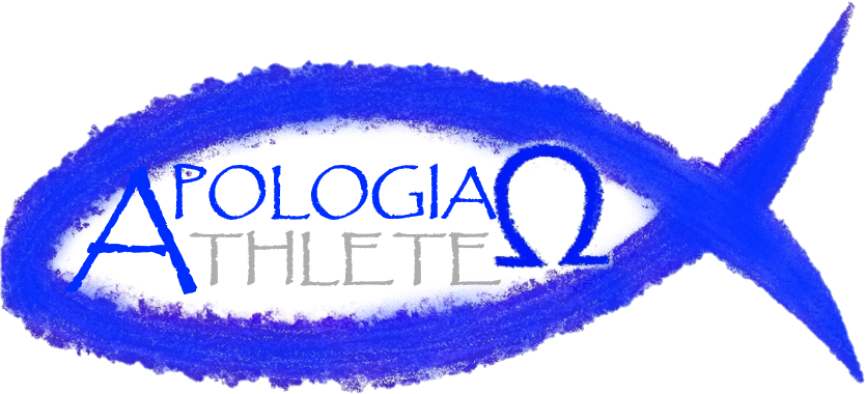“For I delivered to you first of all that which I also received: that Christ died for our sins according to the Scriptures, and that He was buried, and that He rose again the third day according to the Scriptures . . . ” (1 Corinthians 15:1-8). These words from Paul the Apostle in the first century summarize the foundation of the Christian faith. This foundation, in turn, led to the formation of many churches in the first two centuries AD in the Mediterranean region. This also led to the formation of one universal Church body.
“THE MESSAGE ABOUT THE SPOTLESS, UNBLEMISHED LAMB OF GOD REMAINS SPOTLESS AND UNBLEMISHED.”
Through confusion, rampant persecution, Church counsils, an East-West Schism, a Reformation, and a technological boom, this one universal Church body has been held together by the solid rock of God’s Word.
From the first century until now, the Gospel has always been the same (Jude 3:4). In fact, from eternity to eternity, the Gospel will stand true. Many movements throughout history have tried to distort the message leading to eternal life, whether purposefully or through progressive error (Romans 1:16). Yet, the message about the spotless, unblemished Lamb of God remains spotless and unblemished. God is love, and His word tells us that He “so loved the world that He gave His only begotten Son, that whoever believes in Him should not perish but have everlasting life” (1 John 4:16, and John 3:16).

In light of all of this, it would be of benefit to reflect upon the central teachings of the Christian faith between now and next week, keeping in mind that Reformation Day is remembered on October 31st. What in the world could have prompted a German monk to propose 95 theses that stood against the common teachings of his day? On October 31st, 1517, Martin Luther, unbeknownst to him, became a figurehead of a movement that came to be known as the Protestant Reformation. Accordingly, this is what we will look at more in-depth next week . . . be prepared to learn some Latin.
